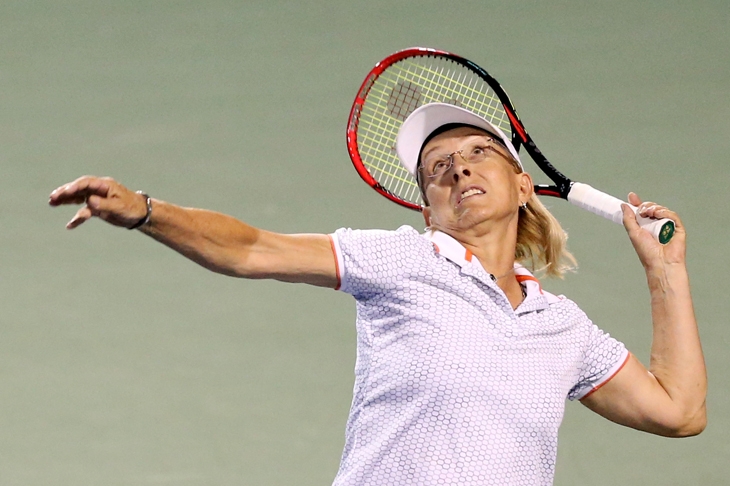Amid the many splendours of West Side Story is this lyric: ‘My sister wears a moustache, my brother wears a dress/ Goodness gracious, that’s why I’m a mess.’ Quite what Officer Krupke would have made of planned reforms to the Gender Recognition Act is hard to say, though not much at a guess. The proposed changes have just been through a consultation period and may become law. They are said to have the support of the Prime Minister but that is no guarantee of anything these days. The amendments will allow anyone to self-identify rather than living in their preferred gender for two years and getting a diagnosis of gender dysphoria. In short, as I understand it, if you want to say ‘I’m a woman’, that’s good enough, even if you are biologically a man and have lived as one for years.
These are murky waters, and you can appreciate the liberal instincts of the new law — it must be hellish feeling you are trapped in the wrong body — but once men can say they are women, then the implications for some sports are enormous. This is not the same as, say, Caitlyn Jenner winning Olympic gold as Bruce and then changing gender. Or Richard Raskind who didn’t shake the world of men’s tennis but as Renée Richards reached a US Open doubles final. Her story is moving but even she admitted that had she transitioned in her twenties rather than her forties, then in tennis ‘no genetic woman would have come close to me’. Nor is it the same as the East European women athletes of the 1960s pumped full of steroids and smashing records before disappearing once gender testing started taking place on location, as it were.
The dangers were recently exposed in a vicious spat targeting one of the greatest of all female athletes, Martina Navratilova. It was triggered by a Canadian cyclist called Rachel McKinnon, who was born male but transitioned in her twenties. She won a Masters Track world championship race, and in the podium pictures towers over the women who came in 2nd and 3rd place. When she was asked about transgender women in sport, Navratilova replied: ‘You can’t just proclaim yourself a female and be able to compete against women. There must be some standards and having a penis and competing as a woman would not fit that standard.’
It brought forth a stream of abuse towards Navratilova. ‘Genitals do not play sports. What part of a penis is related to tennis?’ McKinnon tweeted. Eventually Navratilova apologised and deleted her comments. This is the great champion, tireless campaigner for lesbian and gay rights, and a woman whose courageous political journey from communism to the West is a beacon for all. She should be listened to, not silenced.
Of course men can live like women till the cows come home if they choose. But should they be allowed to compete as women, while biologically men? The answer seems to me obvious, and these are problems that need to be considered.
Two men unlikely to be bothered by these issues are England’s Owen Farrell and Ireland’s Johnny Sexton, two of the greatest stand-offs in history. Their early Six Nations showdown in Dublin will be the highlight of the season: the brute force of nature that is Farrell against the equally hard but more subtle Irishman. Unmissable.
This column would never want to say anything disparaging about Sir Chef, about to start plying his trade in the commentary box for the Test series against the West Indies. But it wasn’t necessarily the best plan for him to indicate in an interview that he wouldn’t be saying anything nasty about his old England buddies. That’s just a bit too nice, Alastair.







Comments